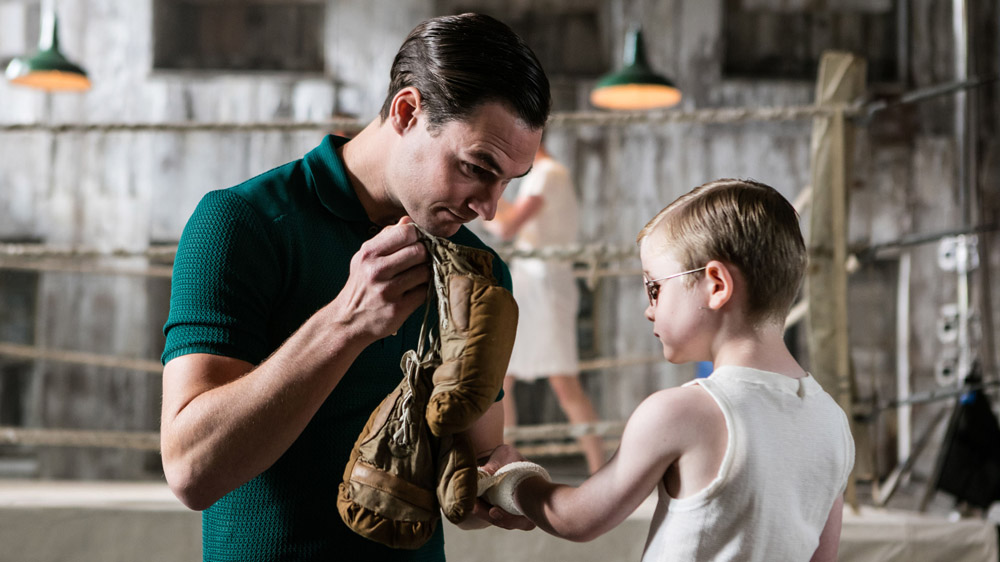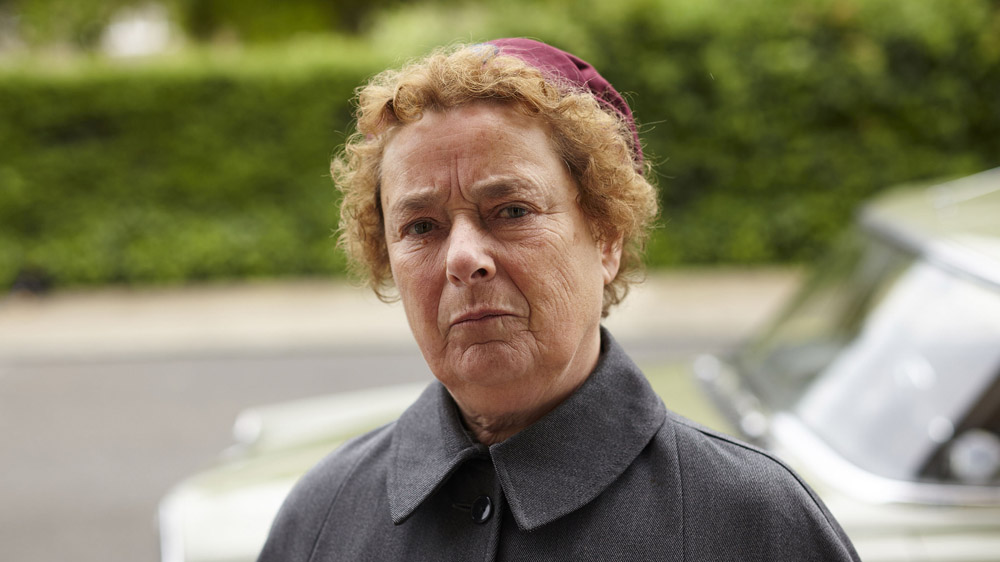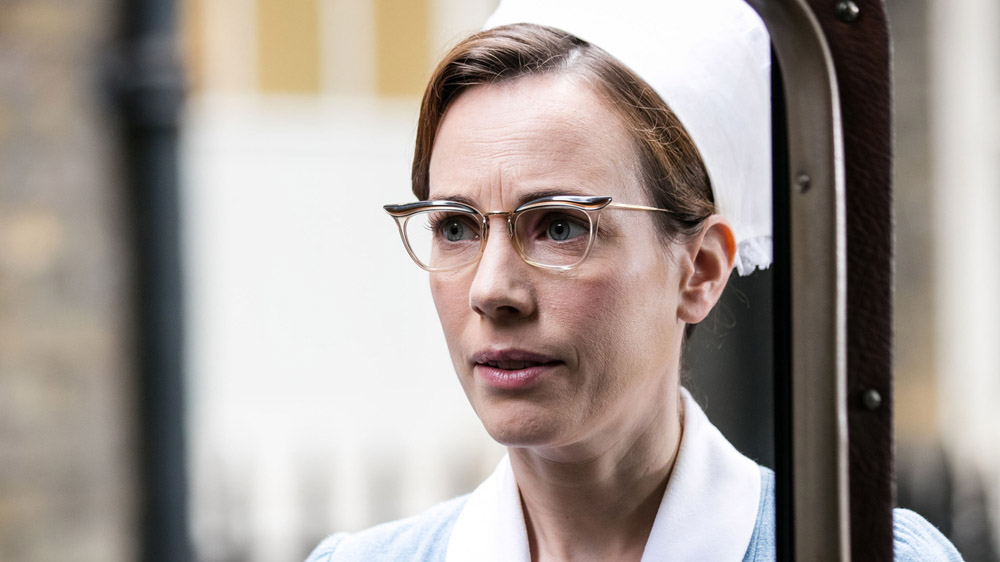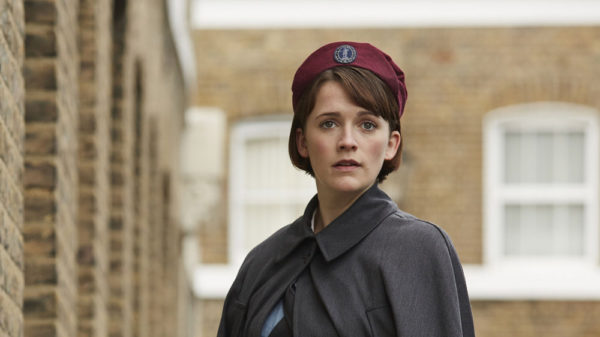While Call the Midwife continues to hold a reputation as a cozy Sunday night drama, those who have been watching over the years know that it has never held back from darker storylines.
At its heart, this show can often be a drama about the strength required to get through the most troubling times, framed through the perspectives of the most hard-working and least supported members of the medical community as they serve tirelessly and in the most challenging conditions.
Last year’s impactful treatment of the thalidomide disaster is perhaps one of the greatest examples of this, but it should surprise nobody that the show is continuing in the same vein as it returns for its sixth season.
As the midwives return from helping out at the Hope Clinic in South Africa, they find themselves working under new leadership at Nonnatus House. The cold and uncaring Sister Ursula (Harriet Walter) has been put in charge, and Sister Julienne becomes a member of staff beneath her. Adding to the slightly suffocating feeling of hopelessness is that reliable source of optimism Trixie has stayed behind in South Africa for two more months, and the other midwives are having to acclimatise to the new status quo in a hurry.

The key story throughout the episode is one that is as important as it is difficult to watch, a tale of horrendous spousal abuse that really puts the viewing audience in the shoes of Trudy (Pearl Appleby), a woman who is being tormented by her aggressive husband even as she’s pregnant with their second child. The most violent moments within this hour are frankly quite sickening to witness.
It’s all in service of Call the Midwife’s exploration of how difficult it is to escape an abusive relationship, even as it’s clear to anyone watching who’s in the wrong in this situation the show explains just how much the cards are stacked against Trudy if she tries to get a divorce.
Throughout, the show also explores the tyranny of restrictive roles for men in this world. Trudy’s husband Lester (James Farrar) is insistent that his son learns how to fight, telling him “this is how you learn to be a man” and placing him in the boxing ring. As much as he terrorises his wife, it’s clear he plans on forcing his worldview on his son too.

Encouragingly, the episode has its fair share of examples of different ways to be a strong man, whether that’s through the little boy’s resilience and bravery in helping his mother when his father locks her in a room, or how he helps her get to Nonnatus House in a time or crisis.
This subversion of typical roles is evident in Tom and Barbara’s story too, as Tom comes to accept that he can’t always be occupying a traditional position in their marriage. Barbara uses her savings to buy an engagement ring, explaining to him that she bought it for the two of them and suggesting that maybe this is a new way, rather than the way “it’s meant to be”.
The show also makes it clear that it isn’t prepared to pretend that the attack that Sister Mary Cynthia endured last season hasn’t had a significant lasting effect on her psyche. At a time when she most needs help from her friends and her sisters, Sister Mary Cynthia is left to feel adrift. The reality of her position within the church sadly means that she must respond to the authority of Sister Ursula when she’s sent away to the Mother House, instead of getting the psychiatric treatment and help that Doctor Turner knows she desperately needs.

While this is a dark start to the season, there’s still joy to be found in Call the Midwife. Shelagh learns that she’s miraculously pregnant and informs her husband in one of the episode’s most touching scenes, and although there appears to be hardship on the horizon, the deep bond between Patsy and Delia endures and the hope remains that they might be an LGBT couple that can stick together and continue to support one another.
Trudy’s horrific situation may be resolved rather neatly in the end, but there’s hope to be found in Phylis’ belief that “there’s always another way, if you’ve someone to help you look for it”. It’s important, also, that this story concludes by focusing on the strength of the woman at its centre, even if some sort of comeuppance for her brutish husband would’ve been particularly welcome.
All in all, this is an excellent return for Call the Midwife, and an episode that acts as a statement of intent when it comes to the kind of storytelling we can expect to see during the season.
![]()
Aired at 8pm on Sunday 22 January 2017 on BBC One.
Pre-order Season 6 on DVD on Amazon here.
Buy the complete Season 1-5 box set on Amazon here.
What did you think of this week’s episode? Let us know below…

